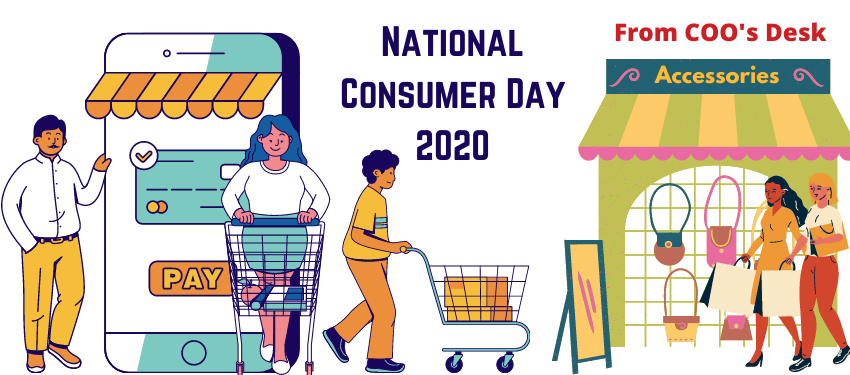
Road accidents have claimed more lives than the pandemic
Road accidents have claimed more lives than the pandemic


BY ASHIM SANYAL, COO CONSUMER VOICE
Claiming the road accident situation in India to be more precarious than the “dangerous COVID-19 pandemic”, MoRTH Minister, Mr Nitin Gadkari in a recent press conference said that India could save upto Rs 90 lakh per person by preventing deaths and reducing injuries to minor ones in such incidents.
Every year India loses more than 1.4 lakh people due to road-crashes with more than 60% of them being in the age-group 15-34 years as per Indian Central Government. The country has the worst road safety records in the world with over 450,000 people also getting injured in road crashes every year.
Among the various reasons for road accidents, one of the main causes in India is speed. Therefore this year’s theme in the recently concluded UN Road Safety Week, Streets for Life #Love30’ is a constant reminder for motorists in India to drive safely and within speed limits. Low speed streets save lives and are the heart of communities with a global call for 30 km/h (20 mph) speed limits to be the norm for cities, towns and villages worldwide. The Action Plan will also reflect the Stockholm Declaration’s encouragement of policies to promote walking, cycling and the use of public transport as inherently healthy and environmentally friendly modes of transport.
The UN Global Road Safety Week which is celebrated year reaffirms our firmness to the resolutions passed in all countries to make roads safer for all travelers which prevents road casualties.
National Road Safety Policy
Based on the recommendations of Sunder Committee, the Union Cabinet approved National Road Safety Policy on March 2010. The National Road Safety Policy outlines the policy initiatives to be framed / taken by the Government at all levels to improve the road safety activities in the country. Under this, the Government would increase its efforts to promote awareness about the various aspects of road safety, the social and economic implications of road accidents and what needs to be done to curb the rising menace of road accidents. This would enable and empower the different stakeholders to play a meaningful role in promoting road safety.
Motor Vehicle Amendment Act 2019
Keeping the Policy in mind, the present government came up with the Motor Vehicle Amendment Act 2019 which got the President’s assent on 1st September 2019 after being passed by both houses of Parliament. Motor Vehicles (Amendment) Act 2019 is being implemented in the country since September 1, 2019. This new act has increased fine for many offence to check the road accidents and improve the road safety in the country. It proposes stricter provisions for offences such as drunken driving, juvenile driving, driving without license, over-speeding, dangerous driving and overloading. It also proposes stricter provisions for driving without helmets. It will act as a deterrent to offenders.
National Road Safety Board
The Bill provides for a National Road Safety Board, to be created by the central government through a notification. The Board will advise the central and state governments on all aspects of road safety and traffic management including: (i) standards of motor vehicles, (ii) registration and licensing of vehicles, (iii) standards for road safety, and (iv) promotion of new vehicle technology.
Road- transport and law & order comes under the state list
Since, road- transport and law & order comes under the state list of subjects in the Constitution and the newly amended Act is a model Act that needs to be adopted by states in accordance with the specific requirements and prevailing circumstances. Many states are taking time to adopt it fully or with changes. There may be some states that may not adopt the model Act but then the principle of federalism does provide this much room or space to steer their respective ships of governance. But in order to save lives and injuries, it would be unfortunate if the central government were to issue a whip forcing states to adopt the central law. The central government has issued advisory to all states to adopt the MVA2019 and implement the same besides it’s rigorous enforcement.
Road safety is all about allocating resources, developing safer road models, adopting scientific road designs, push for the golden hour good Samaritans, develop safer pedestrian and cyclists paths, penalize the violators stringently, use electronic signals and cams, depute officials for on – road management systems, identify and rectify black holes, educate all road users and many more.
It’s a humongous task before us and adoption of global best practices will be a welcome decision. We have to showcase lives on road and not corpses and injuries.
For other articles by Consumer VOICE COO’s Desk, click here





